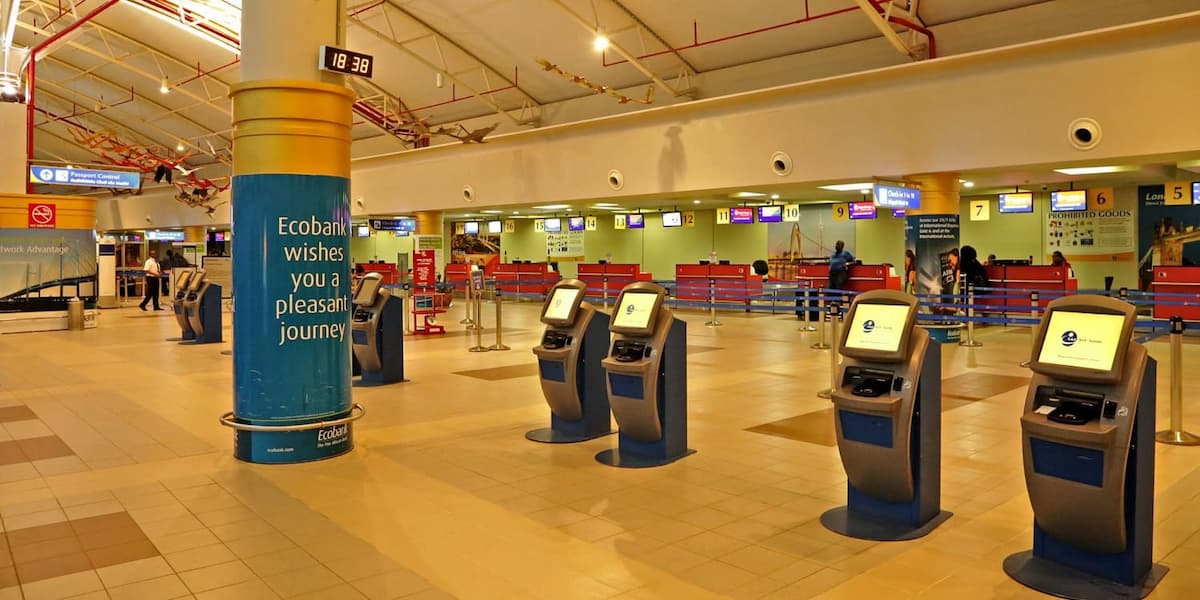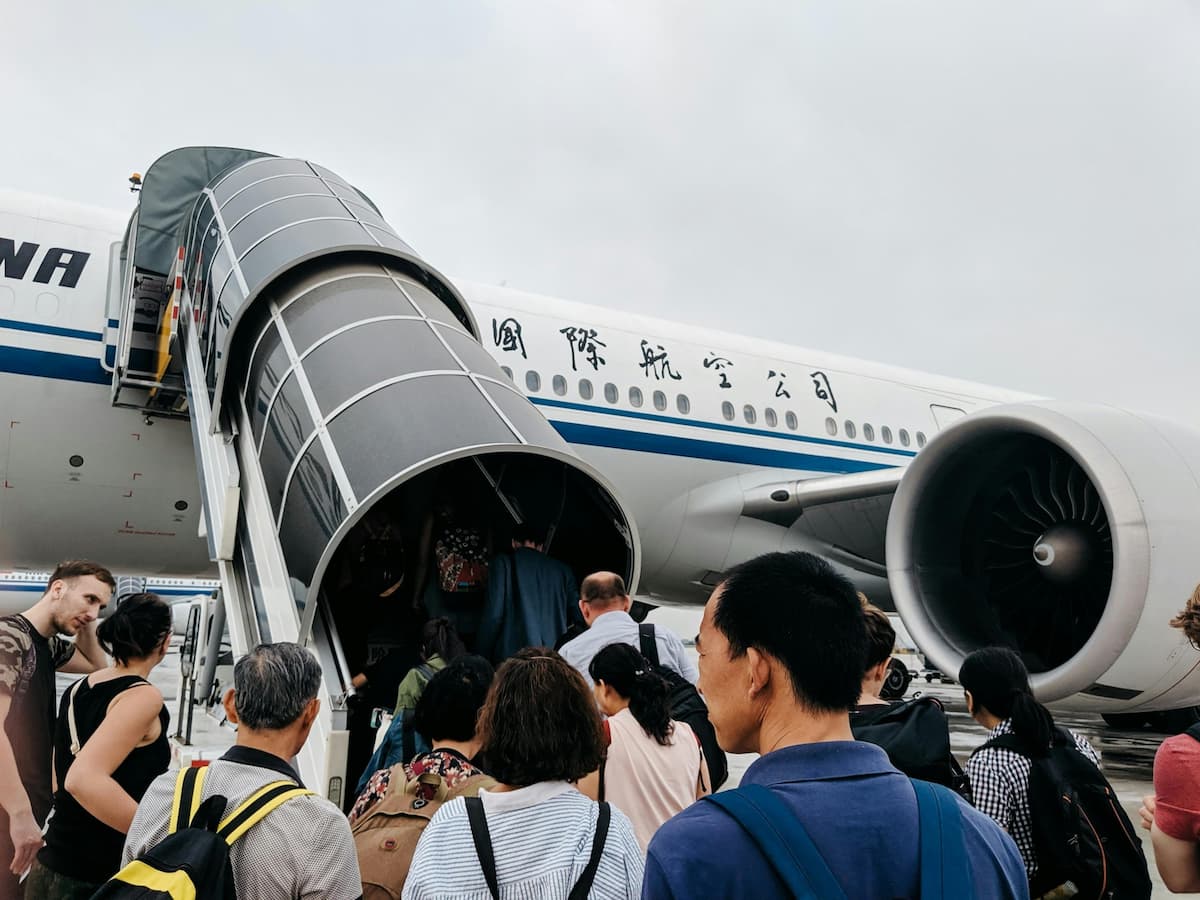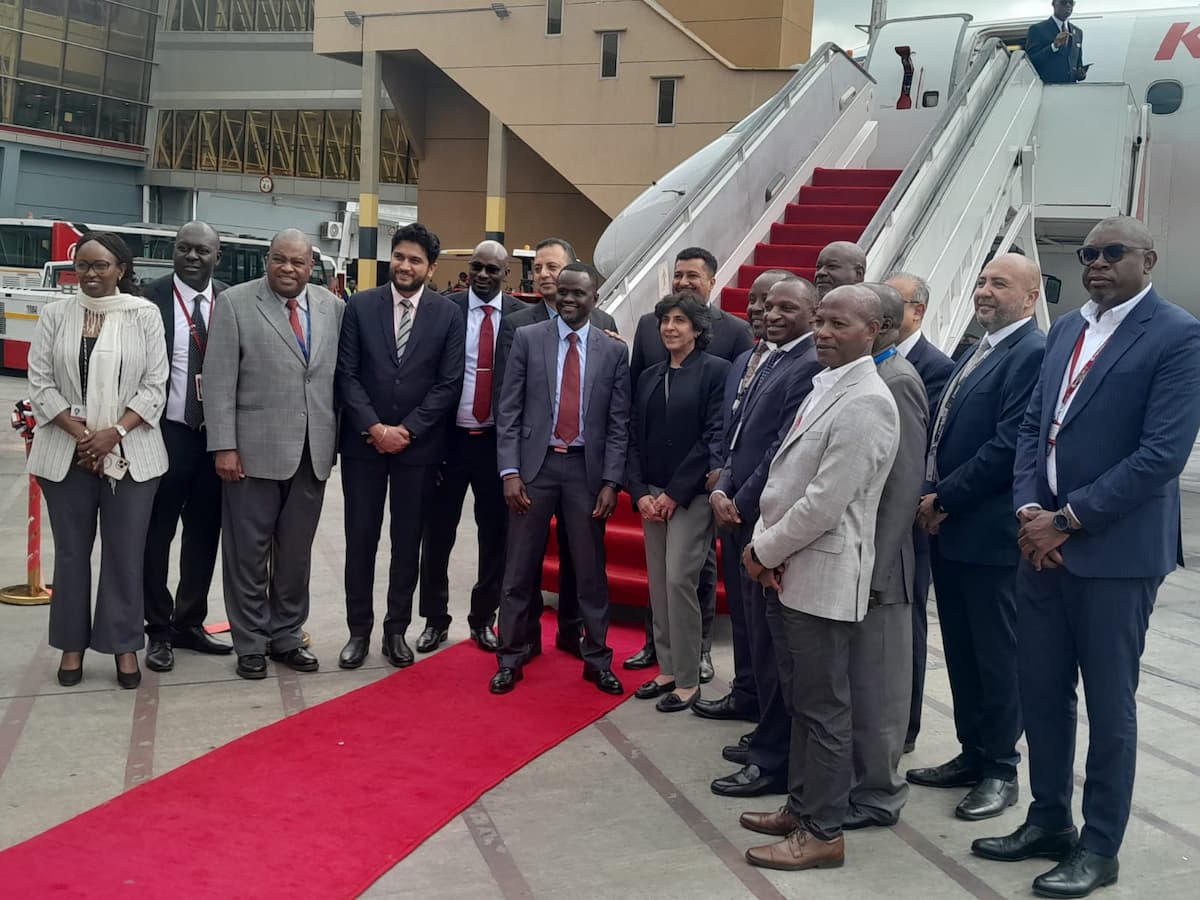African airlines are likely to cross the 100 million passengers mark for the first time in 2025, on the back of an aggressive push to open new routes and increased frequencies by local carriers.
The African Airlines Association (AFRAA) projects the passenger numbers will reach 98 million by close of the year 2024 – a 15% rise compared to 2023 figures and more than the highest ever figure of 95 million, recorded in 2019, before the COVID-19 pandemic.
“Despite ongoing post-pandemic hurdles, the airline sector sustained its recovery momentum this year, witnessing a resurgence in passenger demand…signifying a strong recovery for the industry,” said AFRAA in latest industry report.
From the smallest to the largest, Africa’s airline operators are almost all increasing routes and frequency, mostly concentrated within the continent. The trend expected to boost Intra-Africa connectivity.
According to AFRAA, Intra-Africa connectivity surged across regions, with major hubs such as Addis Ababa, Nairobi, Abidjan, and Lome witnessing a notable uptick in connectivity.
Ethiopian Airline is leading local carriers in regional expansion as it eyes a 30% growth in passenger numbers by mid 2024.
Among the airline’s latest route expansion include start of three-weekly services to Maun, its second destination in the Republic of Botswana after Gaborone this June.
In May, the airline launched another thrice weekly passenger services to Freetown, Sierra Leone via Ouagadougou, Burkina Faso.
“Ethiopian Airlines, committed to its Pan-African roots, continues to connect every part of Africa and beyond,” Ethiopian Airlines Group Chief Executive Officer, Mesfin Tasew said during the launch of Maun route.
Ethiopian Airline which champions a vast intra-Africa network operating to more than 60 destinations in the continent, airlifted about 13.9 million passengers in the year ending June 2023.
Over the past year, the airline has also launched to new international routes including London Gatwick, resumed schedules to destinations like Madrid and Bangui, and increased frequencies on existing routes like Addis Ababa-Seoul.
Kenya Airways is also strengthening its network in the continent with plans to begin a new route connecting Nairobi directly to Maputo, Mozambique starting June 14, 2024. The national carrier cited the expansion as due to growing demand for travel between East and Southern Africa.
“The demand for air travel is soaring, and we’re determined to meet it by expanding our reach and fostering connections between Africa’s rich cultures and thriving economies,” said Kenya Airways Chief Commercial and Customer Officer, Julius Thairu in a statement.
In Northern Africa, Royal Air Maroc has announced the launch of three new air routes – regional and international linking Casablanca to Naples, Manchester and Abuja from 22 June 2024 – as part of the carriers development plan to open up air routes in several promising markets.
“The launch of these routes aims to strengthen our continental positioning in favour of the African Diaspora, particularly in Nigeria,” said Royal Air Maroc Chairman and Chief Executive Officer, Hamid Addou.
Other industry reports also point to growing passenger numbers across the continent and regional borders.
In early 2024, data from the Centre for Aviation (CAPA) indicated a significant surge in African air travel, with over two million weekly internal seats being filled in the week starting December 18, 2023, underscoring the growth of intra-African connectivity.
According to CAPA’s data, Ethiopian Airlines emerged as the dominant carrier in the intra-African market, capturing a 14.4% share of capacity in the week beginning January 15, 2024, representing an 11.0% increase from the corresponding week in 2023.
No other airline holds a double-digit share of capacity, with South Africa’s FlySafair being the closest contender at 9.0%, followed by Nigeria’s Air Peace (5.4%), the fast-growing regional carrier Airlink (South Africa) (4.9%), and other major international airlines in the region: EgyptAir (4.4%), Kenya Airways (4.2%), and Royal Air Maroc (3.7%).
The International Air Transport Association (IATA) projects a 9.1% increase in African airline capacity in 2024, outpacing the 8.5% demand growth defying high operational costs, low consumer spending on air travel, and connectivity issues, that it said hinder the industry’s expansion and performance.
“Despite these headwinds, there is sustained demand for air travel, which should allow the market to deliver a second year of profitability,” according to IATA.
AFRAA’s estimates show that operating revenue for March 2024 amounted to US$1.74 billion, reflecting a growth of 26% from US$1.39 billion in March 2023.
Source: Independent.










